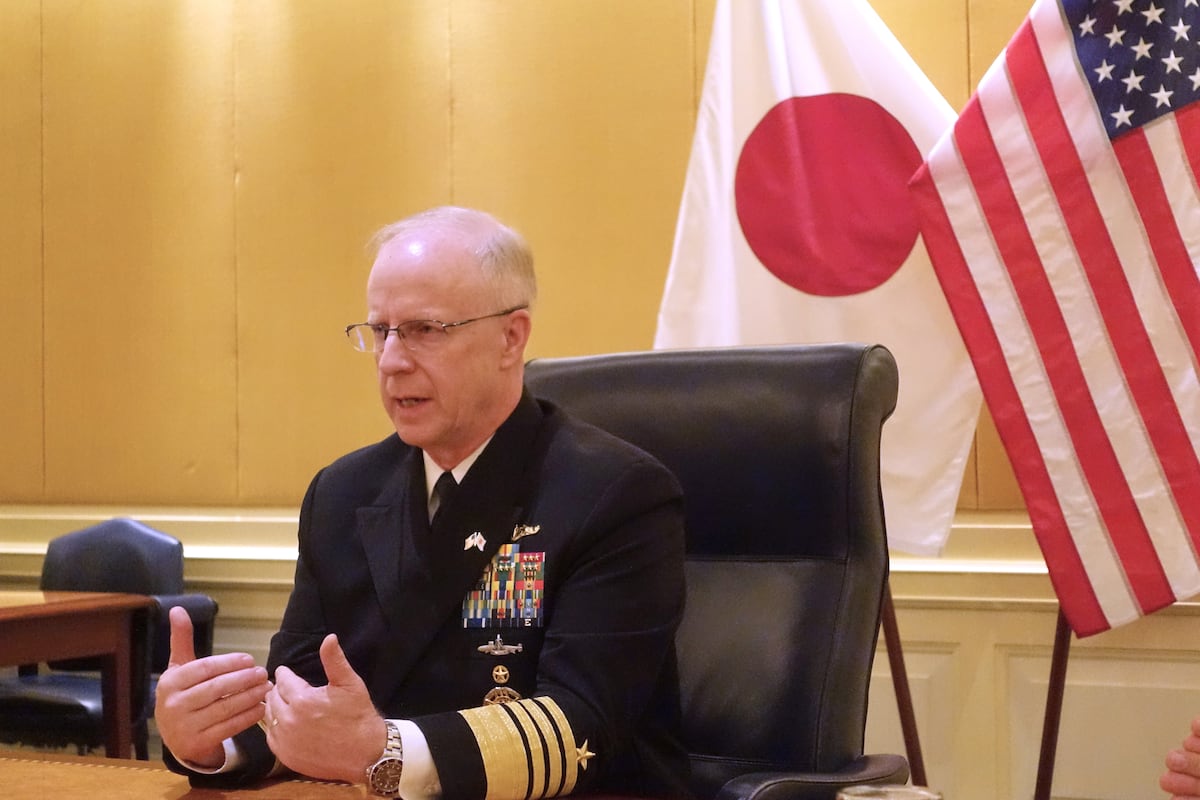U.S.-Vietnam Defense Relations: Progress and Challenges
Overview of Recent Diplomatic Engagement
On November 2, U.S. Defense Secretary Pete Hegseth engaged in high-level discussions in Ho Chi Minh City with key Vietnamese leaders, including Communist Party Chief To Lam and Defense Minister Phan Van Giang. This visit marked a significant milestone—30 years since the normalization of diplomatic relations between the U.S. and Vietnam. Expectations were high for announcements regarding arms sales; however, no definitive agreements were reached.
- Key Quotes:
- “Deeper [military] cooperation will benefit both of our countries,” stated Hegseth prior to his meeting with Minister Giang.
Stagnation in Arms Sales
Despite prior indications that Vietnam may diversify its arms supply, particularly away from Russia towards U.S. vendors, official announcements concerning major purchases remain elusive.
-
Current Arms Landscape: Vietnam’s military apparatus remains heavily Russian-oriented. Reports suggest that Hanoi has utilized profits from a joint oil initiative with Russia to finance arms acquisitions, including ongoing purchases of Russian military equipment.
-
Strategic Importance: For the U.S., strengthening ties with Vietnam is vital for counteracting China’s assertive behaviors in the South China Sea, portraying Hanoi as a crucial partner in regional stability.
Recent Developments and Agreements
While this visit did not culminate in new arms sales, several notable commitments were made:
-
Memorandum on War Legacy Cooperation: A $130 million pledge was announced to address the toxic consequences of Agent Orange, including efforts to clear unexploded ordnance and aid in the identification of war casualties.
-
Bilateral Gifts: Hegseth presented Minister Giang with historically significant items recovered from a Vietnamese bunker during the Vietnam War, marking a gesture of reconciliation and strengthened ties.
Perspectives on Defense Cooperation
Expert analyses indicate a complex backdrop in U.S.-Vietnam defense relations.
-
Andrew Wells-Dang, a senior advisor at Mission: POW-MIA, emphasized the critical importance of addressing war legacy issues as foundational for enhancing security relations.
-
Nguyen Khac Giang from the ISEAS-Yusof Ishak Institute noted the lack of concrete progress on arms sales, stating that promises have not translated into tangible outcomes.
Challenges Ahead: Bureaucratic and Trust Issues
While discussions of future arms procurement are ongoing, various factors impede progress:
-
Bureaucratic Hurdles: Reports suggest that potential arms deals, including the purchase of Lockheed Martin C-130 Hercules cargo planes and other military assets, are bogged down by bureaucratic red tape.
-
Trust Factors: Increased purchases of Russian military hardware could signal deeper trust issues within U.S.-Vietnam relations. It raises questions about Vietnam’s commitment to diversifying its military partnerships.
Analyzing Vietnam’s Military Strategy
The implications of Vietnam’s military procurement strategy are significant:
-
Continued Russian Dependence: Analysts assert that historical ties and cost considerations have led to continued reliance on Russian arms, despite the lower quality of these weapons.
-
Geopolitical Calculations: The potential purchases of F-16s from the U.S. face geopolitical scrutiny, as such acquisitions could provoke tensions with China. Conversely, the less controversial C-130s might be viewed as politically palatable options for Hanoi.
The Broader Regional Context
Hanoi’s diplomatic maneuvers demonstrate its intent to balance multiple relationships:
-
Navigating Complex Alliances: Vietnam is attempting to maintain its relationship with China while fostering deeper ties with the United States and collaborating with regional partners against common maritime challenges.
-
Responding to Policy Uncertainty: Analysts suggest that fluctuating U.S. policies regarding tariffs and security frameworks have led to uncertainty in Vietnam, complicating the decision to enhance defense cooperation.
Conclusion
The path forward for U.S.-Vietnam military relations is intricate, characterized by both opportunities for collaboration and significant challenges. Strengthening these ties will require continued dialogue, concrete commitments, and navigating the complexities of regional geopolitics.
- Next Steps: Future discussions will be pivotal in determining whether Vietnam can successfully diversify its military partnerships while balancing its longstanding ties to Russia and managing its relationship with China.





